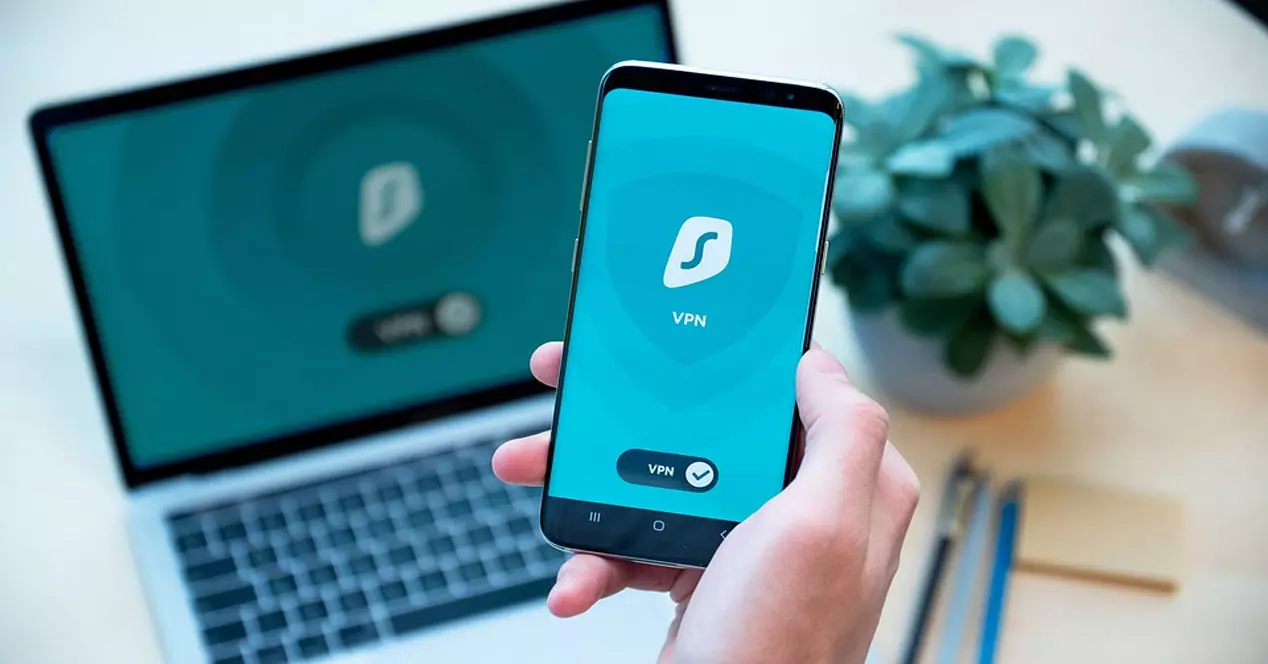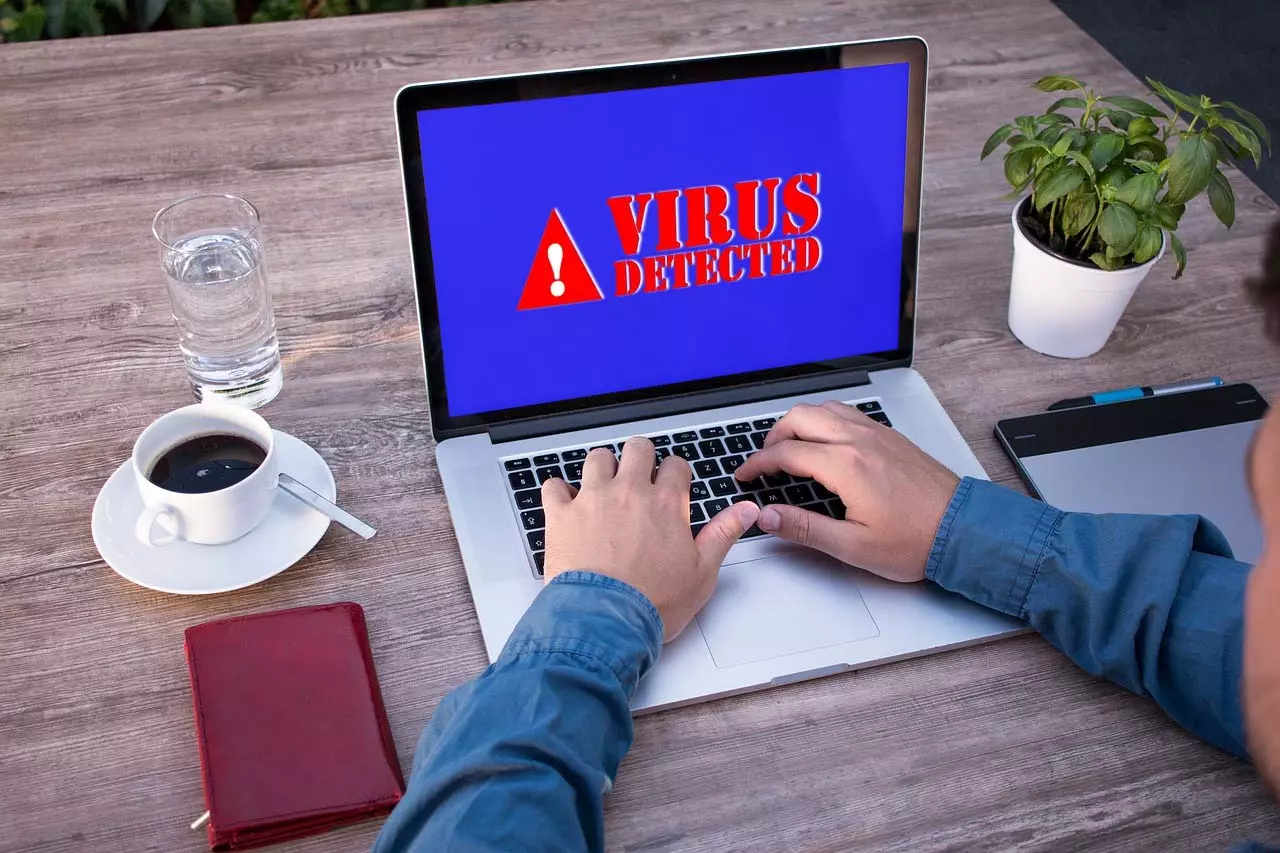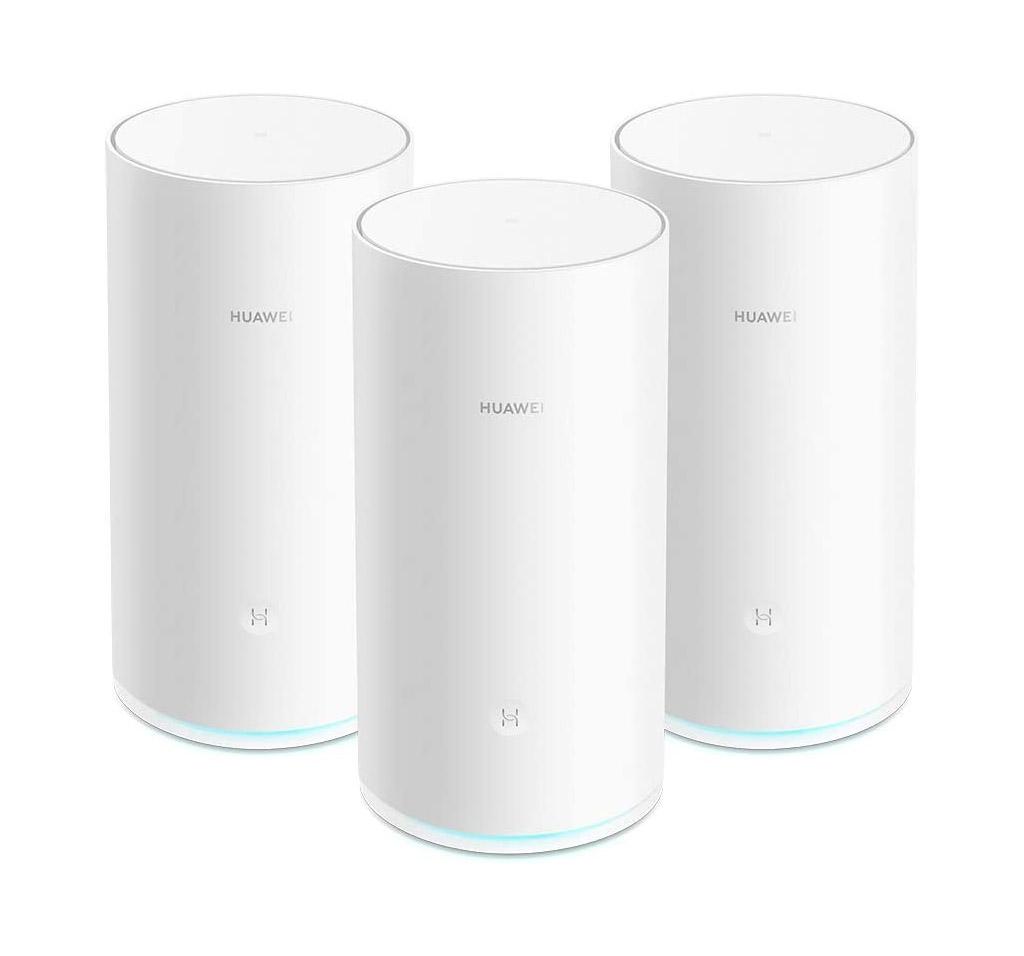
You may consider, or have even ever done so, sending passwords by email, WhatsApp or social networks like Facebook. You send it by one of these means to a family member or friend and this way it can enter your account on any platform you use. Now, what happens if there is a leak? What happens if, for example, the other person’s email is stolen and they accidentally access your password?
Proton allows secure key sharing
Now, Proton has added a new option to its catalog and will allow you to create what we can call a “digital safe”. The goal is that you can store sensitive information theresuch as passwords, and that it is completely protected from possible intruders and prevent them from accessing.
Those safes that you can create in Proton allow you to add other users who may have access. For example, you can give permission to a co-worker, family member, friends, etc. to share passwords. Everything is encrypted end-to-end, so it is guaranteed that only those who have permission will be able to access that information.
Please note that the person you are sharing a password with does not need to have a Proton Pass account. You will be able to invite her by email and quickly create a free profile and thus be able to access those keys that you have stored and share them securely.
One factor to mention is that all the content you store in that Proton safe will be synchronized in real time. That is, you can add new passwords at any time and the other person will be able to see it. It is, in short, a safe digital space where you will be able to exchange information with others.
It is never 100% safe
After echoing the novelty of Proton Pass to be able to share passwords, it must be mentioned that it will never be 100% secure. Ultimately, it increases the risk of suffering an attack at the same moment that another person knows a password or logs into an account, whatever it may be.
For example, that person could have a keylogger on their device and, when you log in to the account, it records the password you are entering. It could also have a Trojan, enter through a link that is actually Phishing, etc. Typical attacks that we can suffer in any circumstance, but now multiplied by two as there are at least two people who know that access code.
Our advice is that you always avoid sharing passwords. If you need to do it for some specific reason, always do it through completely secure means and, once the other person has used that password, the ideal is that you change it for a completely different one. Only in this way can you maintain security and avoid risks.
As you can see, Proton Pass now makes it easier to share passwords with friends or family. It is essential to always take measures to prevent them from cracking passwords and taking control of an account.



